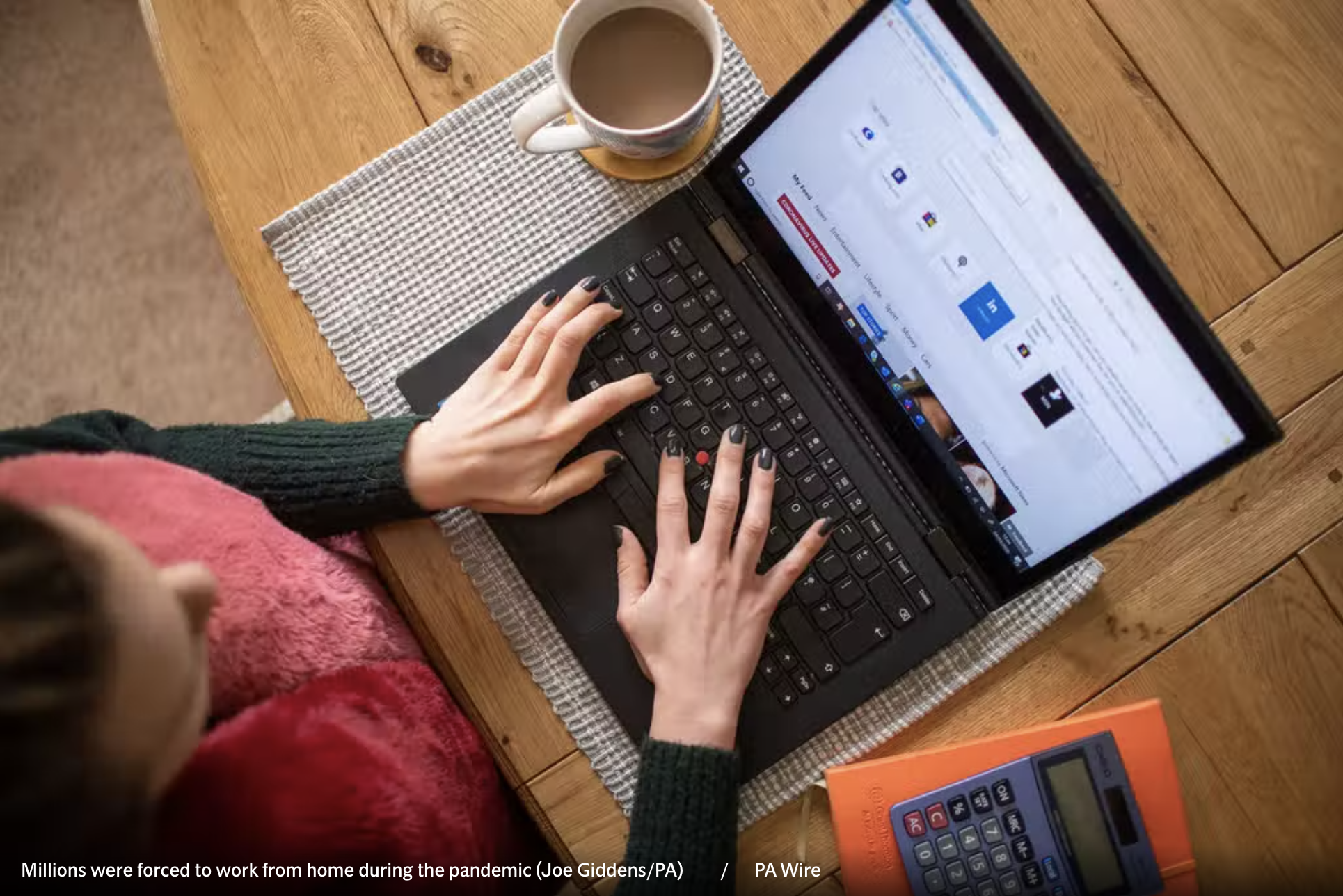As the city returns to its former fast-paced glory and Londoners return to the office, workplace wellbeing and mental health are at the forefront of our minds.
Despite the purpose that millions of us find in our work, this week a study by Glassdoor revealed that talk of burnout has increased 128 per cent since April, while two-thirds of people say they feel the need for a better work-life balance. Meanwhile, work-related stress, depression and anxiety is rising, with an estimated 17.9 million working days last year lost for these reasons alone.
“With work-life balance being the number-one driving force when choosing an employer, overtaking salary for the first time in seven years, workplace wellbeing has never been more important,” says Bex Spiller, founder of The Anti-Burnout Club, which advises companies on wellbeing initiatives that work. It’s about so much more than meditation apps, she says. While Google teaches teams the Charleston, and Deloitte might drop off doughnuts on employees’ doorsteps, what’s really needed is a holistic approach not just a stylish sticking plaster.
This article was written by Libby Galvin on behalf of The Watercooler for the Evening Standard.




